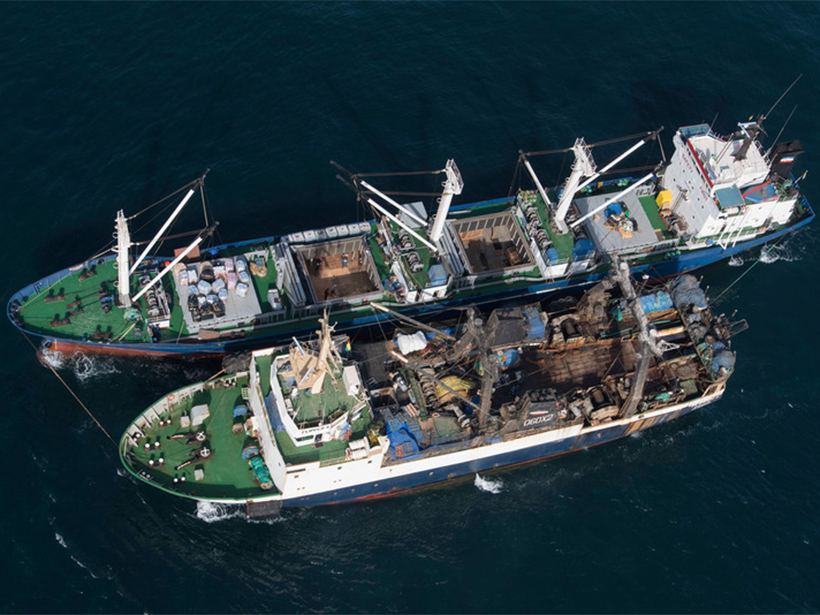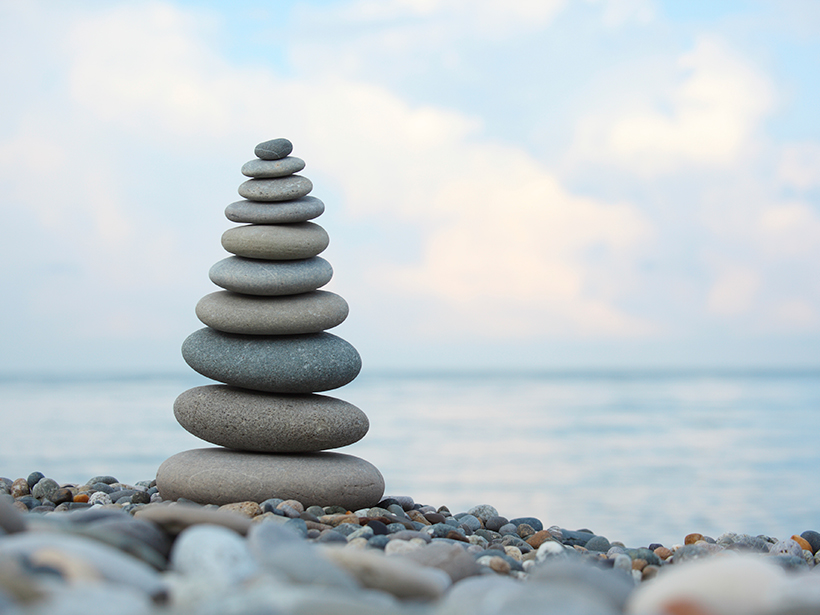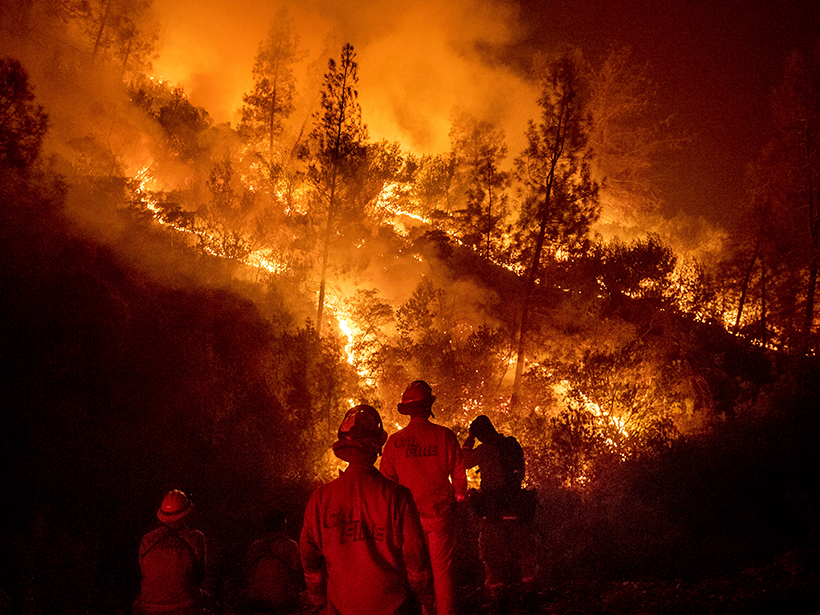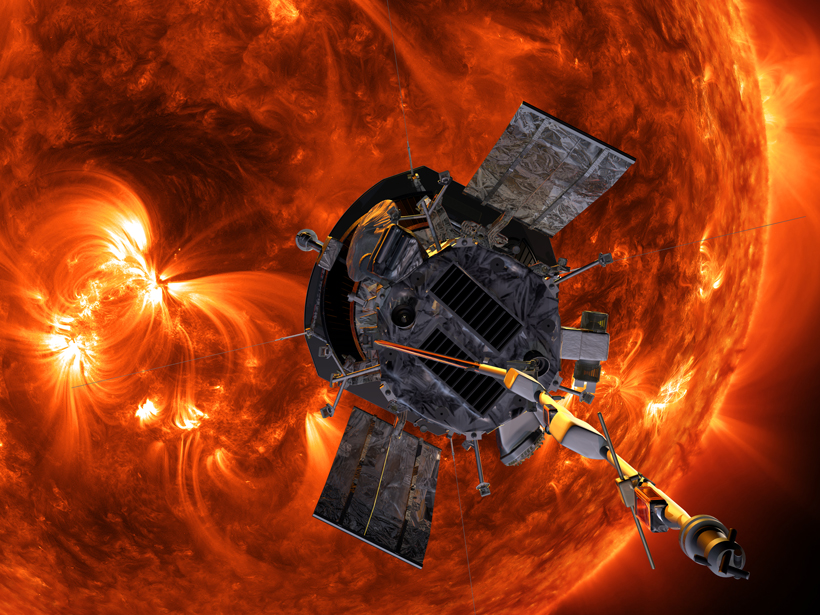Records of nearly 5,000 landslides around the world show that human activities like construction, illegal mining, and hill cutting are increasingly responsible for fatal slides, particularly in Asia.
News
White House Pick for Top Science Spot Stresses Science Integrity
At his Senate confirmation hearing, Kelvin Droegemeier, Trump’s choice to head the White House Office of Science and Technology Policy, discussed plans to tackle the nation’s scientific challenges.
Illegal Seafood Supply Chains Can Now Be Tracked by Satellite
Researchers pinpoint more than 10,000 likely transfers of catches between fishing vessels and cargo ships at sea. Knowing where these transfers occur can help officials crack down on illegal activity.
How Forecasting Models Are Changing the Way We Fight Fires
Eos speaks with Andy Edman, western region chief of the Science and Technology Infusion Division at the National Weather Service, about how the agency is helping wildfire crews fight fires from space.
Hail Causes the Most Storm Damage Costs Across North America
The icy weather phenomenon leads to more than $10 billion in damages each year. Nonetheless, research on hail is lacking, scientists say.
Kevin Charles Antony Burke (1929–2018)
Burke, a master geologist, traveled the world to inform his studies on plate tectonics, soil formation, erosion, sedimentology, and a host of other topics, including other planets.
First Spacecraft to Touch the Sun Awaiting Launch
The Parker Solar Probe will study the Sun’s corona and its electric and magnetic fields, as well as the mechanisms that drive the solar wind, all from behind an advanced protective heat shield.
Kīlauea Eruption Abruptly Slows Down
Volcanologists say it’s too soon to know whether the sudden drop in activity signals the end of the eruption or just a pause.
Dinosaur-Killing Asteroid Impact Made Huge Dead Zones in Oceans
The discovery reveals similarities between the extinction event that ended the Mesozoic Era and human-driven global warming.









